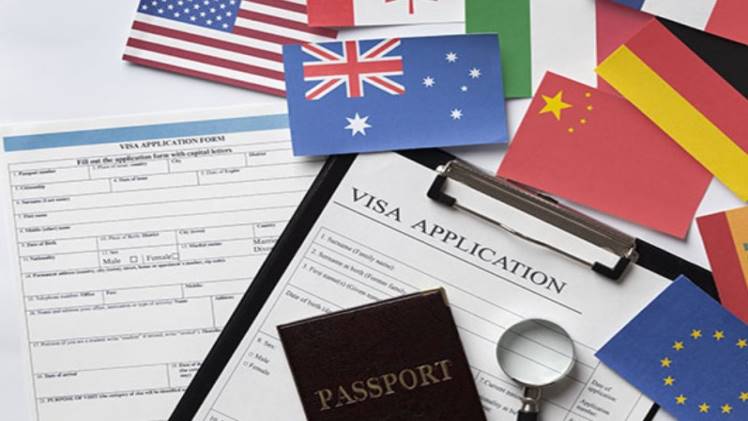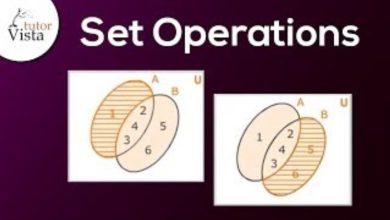Newly Updated EEA Regulations – The Immigration (EEA) Regulations 2016

Updated Immigration (European Economic Area) Regulations 2016: Changes Impacting Family Members of EEA Nationals
In November 2016, the government laid out an updated version of the Immigration (European Economic Area) Regulations 2016, which came into force mainly on 1 February 2017. The new version does not make any serious changes to the rights of European nationals in the UK, as was feared by many, but mostly consolidates a large number of amendments that were made to the previous version (EEA Regulations 2006) over the years.
The amended version does, however, introduce various changes which affect the application of family members of EEA nationals who are not, themselves, EEA nationals. Overall, it makes applications more complex. Some of the major changes are outlined below.
To qualify for ILR, applicants must meet specific requirements, which can include a minimum continuous residence period, proof of lawful stay, adherence to immigration rules, and evidence of meeting the English language and knowledge of life in the UK requirements. Once granted ILR, individuals gain several benefits, such as access to public funds, healthcare services, and the ability to apply for British citizenship.
Revised Regulations: Surinder Singh Case and Changes to Residence Requirements for British Nationals
The first part of the updated regulations introduces major changes which are based on the ruling in the Surinder Singh case. Those changes came into effect on 25 November 2016. They apply to British nationals who were residing abroad with their non-EEA family members (i.e. spouses) and who, upon returning, to the UK wish to use EU law instead of UK Immigration Rules (which have much more rigorous requirements).
The changes slightly relax the requirements on what is considered a ‘genuine’ residence abroad, however they now allow the Home Office to refuse an application where the purpose of residence in the EEA state is to circumvent the more rigorous UK Immigration Rules which would apply to their non-EEA family members. The applicability of this change is broad, and it remains to be seen how these changes are applied by the Home Office in practice.
A spouse visa is a type of visa that allows an individual to join their spouse or partner who is a British citizen or settled person in the UK. It is designed to facilitate the reunion of married or civil partnership couples who wish to live together in the UK. The spouse visa falls under the Family route of the UK immigration system and requires meeting specific requirements and providing supporting documentation. Successful applicants are granted permission to live and work in the UK for a specified period, usually initially granted for 30 months. After this initial period, the visa can be extended, leading to settlement in the UK. The spouse visa also offers access to public services and benefits, such as healthcare and education.




